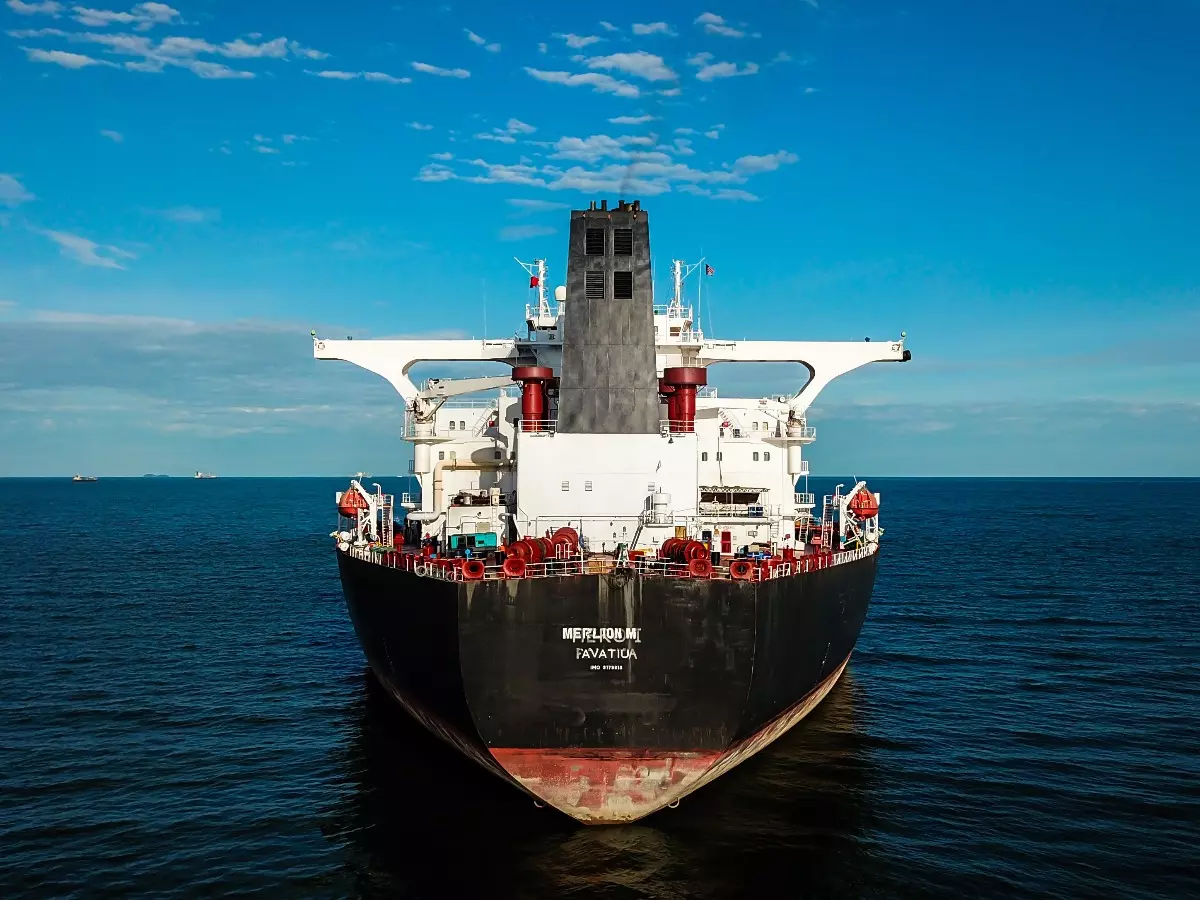With AI, World's First Autonomous Ship Avoids Collisions Through 40 Hour Journey
The software for the world's first autonomous commercial cargo ship was developed by Orca AI for maritime vessels with safety in mind. In 2008, Orca AI was founded by two naval technology experts

The world's first autonomous ship just completed its pilot journey, powered by a software that avoided collisions without human intervention for 99% of the time while travelling through Tokyo Bay.
The software for the world's first autonomous commercial cargo ship was developed by Orca AI for maritime vessels with safety in mind. In 2008, Orca AI was founded by two naval technology experts, Electrek reported.
 Unsplash
Unsplash
How does the software work?
Its creators combined sensors with existing safety mechanisms aboard the cargo ship to make sure no collisions take place and to ensure smooth navigation. The cargo ship set sail from Tokyo Bay and covered over 790 kilometres (491 miles) at sea over 40 hours. The cargo ship used for the purpose is called Suzaka - a 749 gross-ton vessel.
 Orca AI
Orca AI
Tokyo Bay was a test for the cargo ship, for these waters are considered among the most congested in the world. It reached the port of Tsumatsusaka in the Ise Bay after completing its autonomous journey.
Also read: AI Researchers Use Apple Watch Data To Check For A Silent Heart Condition
During the journey, the Suzaka performed 107 maneuvers to avoid collisions without any human intervention. In fact, it appears that the ship may have avoided about 400-500 other vessels in the water during just the outbound trip.
To prepare for this independent journey, Orca AI's algorithms were trained with a year worth of data from the Suzaka. Owing to the right data, the deep learning software picked up targets in the peculiar shoreline environment.
Also read: AI That Scans X-Rays For Abnormalities Without Humans Approved For Use In EU
Orca AI claims that its safety navigation system aboard the cargo ship operates like a "human watchkeeper" and is able to provide real-time detection, classification, tracking, and estimation of range through eighteen cameras affixed on the ship. Together, they provide a 360¡ã view all day and night.
 Unsplash
Unsplash
Would you travel on a cargo shop that tackles the ocean autonomously? Let us know in the comments below. For more in the world of technology and science, keep reading Indiatimes.com.
References
Autonomous cargo ship completes 500 mile voyage, avoiding hundreds of collisions. (2022, May 13). Electrek.
